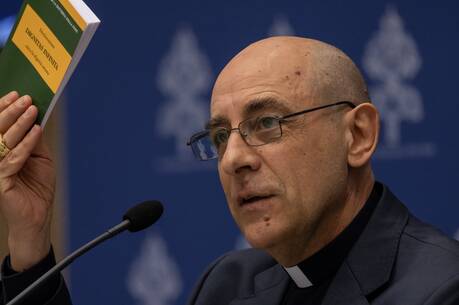But, where was he this week? He appeared in the Rose Garden last Friday with Fed Chairman Ben Bernanke and Treasury Secretary Hank Paulson. He issued a statement on Monday. But, mostly, he has left the talking to Paulson and others.
Bush, you may recall, cited his MBA (the first presidential candidate to have one) as one of his principle credentials when he ran for president in 2000. And, he had "run" a business, if by "running" you mean getting a sweetheart political deal to manage a baseball team in one of the fastest growing markets in the country. Why did this economically savvy president not take to the airwaves to calm the nation, explain the economic crisis, and outline the government’s plan for action? Instead, we were made to feel that the W. in his name stood for Waldo, as in "Where’s Waldo?"
I will admit that the issues involved in the Wall Street meltdown are complicated. But, not that complicated. I never took an economics class in my life, but just from reading the papers it is clear that Wall Street engaged in risky behavior – the kind of behavior that Republicans were championing just two weeks ago – and had built a ponzi scheme of so-called "financial instruments" upon the home mortgage market. Greed doing what greed does, namely infecting everything it touches and expanding its reach wherever it can, went from being the engine of honest capitalism to the much-denounced cause of the crisis. How can the heart of the economic system be the cause of the problem?
Less clear is what should be done about it. Why not let investors hang out to dry? What would happen on Main Street if the stock market crashed? Many Americans have their 401k plans in stocks and would hate to see those depleted, but is it that much better to see their taxes go up paying for a bailout that would benefit the barons of Wall Street who created this mess as much or more than it would protect the average investor’s 401k?
Yesterday, Vice-President Dick Cheney went to Capitol Hill to drum up support for the administration’s bailout plan. His meeting with Republican congressional leaders did not go well. South Carolina Senator Jim DeMint, a staunch Republican, gave voice to a widely held sentiment when he said that "Americans can no longer trust the economic information they are getting from this administration." Another GOP lawmaker said that Cheney was the wrong guy to send to Capitol Hill: "The problem is that they’ve used up a lot of goodwill." Nothing happens in a vacuum: The bullying of Congress for much of the past eight years has come back to haunt the White House exactly when it needs support.
Sic transit gloria mundi. These words were chanted by a Franciscan friar in front of a newly elected Pope just before his coronation as the friar burned flax, a plant that is quickly and thoroughly consumed by fire. The hubris of George W. Bush for the past eight years has resulted in his inability to show his face when the country needs its president. Like all who hold that high office, Mr. Bush must worry about his place in history. The thought should be haunting him at night as the nations focuses on the Senate in search of leadership.
Michael Sean Winters







